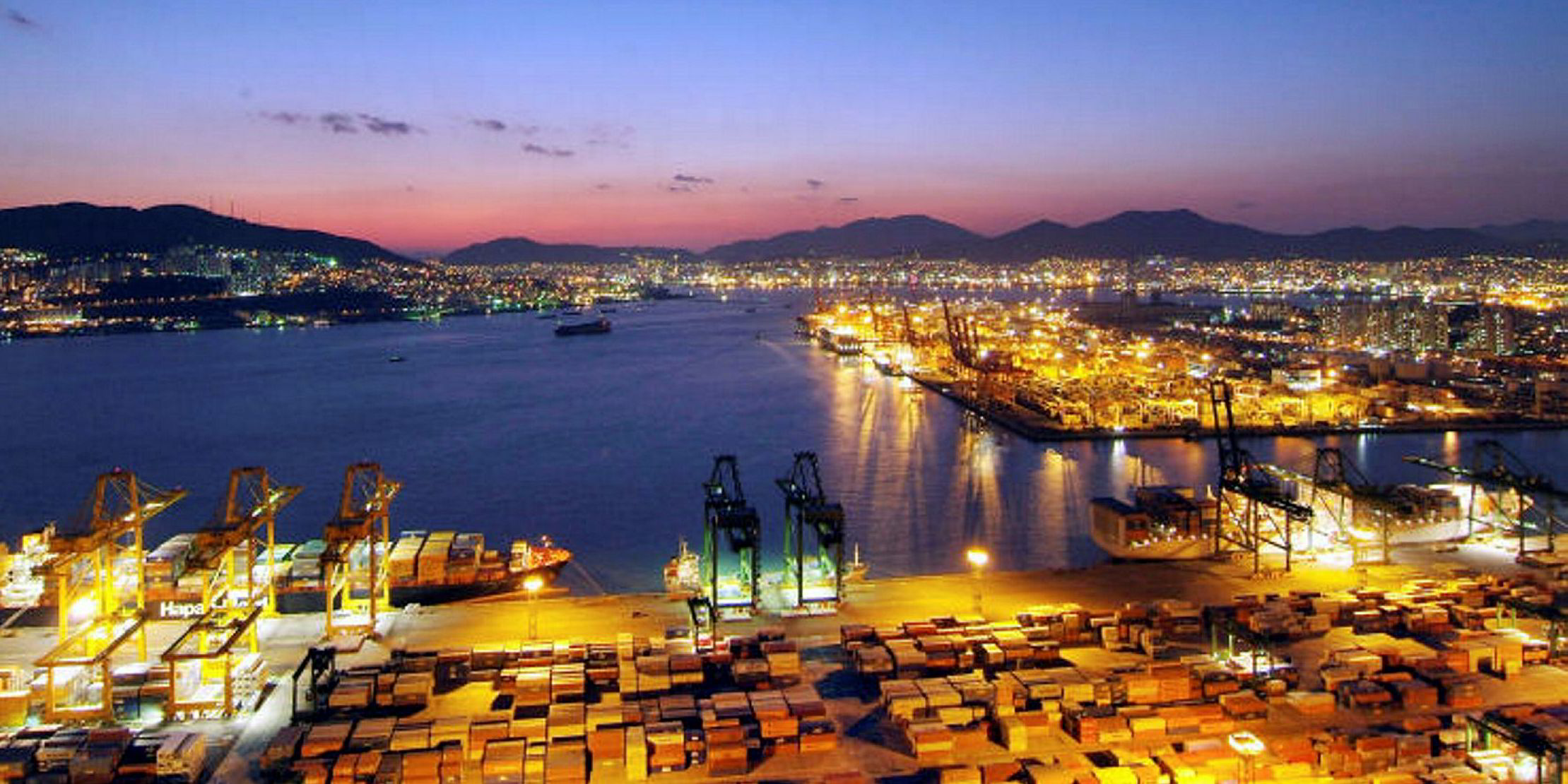Growth in container volumes passing through South Korean ports so far this year has been slower than-expected pace this year.
Busan, South Korea’s largest port, saw volumes for the first seven months of 2018 increase by 4% to 12.4-mteu, reports news agency Yonhap.
The figure accounts for 57.9% of its full-year target of 21.5-mteu. The port said it would have to grow by almost 5% per month for the rest of the year to now meet that target.
Busan Port Authority attributed the slowdown to the trade war developing between the world’s two largest economies China and the US.
Incheon, South Korea’s second-largest port, has seen cargo volumes increase by 3.7% in the first half of the year to 1.52mteu.
Its full-year target has been set at 3.3mteu, up 8.2% from last year, but the goal appears to be “out of reach” in light of the current trend, the port authority said.
However, the southwestern port of Gwangyang reportedly remains relatively unscathed by the trade row, reported Yonhap.
Volumes were up a solid 8.5% year-on-year increase to 1.34mteu in the first half of the year, as the port serves as a stopover port for ships.
On Thursday South Korea’s trade minister said the protracted trade tensions between the US and China were the “new normal”.
“Considering the bipartisan support in the US against the rise of China and Beijing’s willingness to achieve the Chinese dream, we have to acknowledge the US-China trade dispute as a new normal and come up with measures to deal with it,” said Kim Hyun-chong.
“We have to upgrade major industries and foster new export items that are hard to catch up with and unaffected by the changing trade environment,” he was quoted as saying by Yonhap.
The trade war between the US and China is a sensitive issue to South Korea as the two countries are its two largest markets, being major buyers of semiconductors, petrochemical products and cars.





